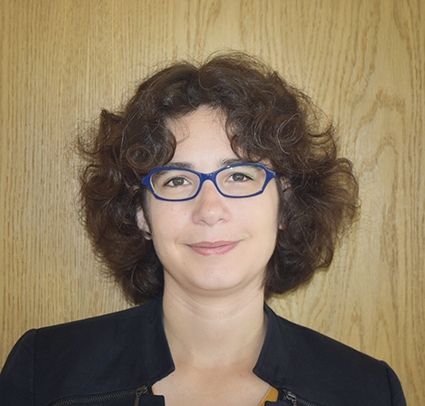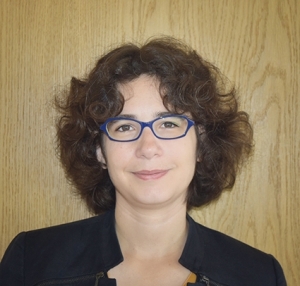French Development Agency: Newcomer Among Int'l Aid Agencies in Georgia
Exclusive Interview
For a decade, Georgia has been a fast-developing country. Accessing water and electricity and boosting growth are just some examples of the Georgian achievements. Such successes are usually supported by international aid agencies, starting with the World and European Investment banks. GEORGIA TODAY met with one of the latest agencies to set up in the region, the French Development Agency (AFD). Gaelle Assayag, head of office for South Caucasus, agreed to answer our questions.
Assayag first worked in the French Embassy to Kazakhstan, then focused on Central Asia and South Caucasus for the Ministry of Economy. In 2016, she opened the South Caucasus representative office of the Agency in Tbilisi.
Could you define the AFD in a few words?
The French Development Agency is the French Development Bank operating under the authority of the French Ministry of Foreign Affairs, and the Ministry of Economy. We rely on 85 field offices working with more than 100 countries. The AFD is aimed at giving financial support, i.e. loans and grants, in order to enhance green, inclusive and sustainable growth. We support, around the world, projects bearing on education, health, governance, rural and urban development and energy. In 2017, the AFD committed to 10.5 billion Euros worth of new development projects.
Tell us about the AFD in the South Caucasus
Even being among the oldest development agencies, we are a newcomer among the several international aid agencies working in the region. The French government gave us the mandate to collaborate with South Caucasus countries (Armenia, Azerbaijan, Georgia) in 2012, then, in 2016, we opened an office here in Tbilisi, hiring three people. Georgia was, for us, the most neutral country to set up a permanent office in. Indeed, communication from Armenia to Azerbaijan and vice versa can be really complicated due to their dispute. Financial support today amounts to around €440 million for the South Caucasus, including €90mln for Georgia. The portfolio is diversified, as I said: we can support projects through sovereign and non-sovereign loans, and through grants, including those delegated from the European Union. Grants provided so far to Georgia amount to €5.5mln, focusing mainly on technical assistance and capacity building.
What’s in store in terms of future projects?
One of the projects consists of modernizing the water network and sanitation system in Khashuri. Additionally, the French Development Agency will support the reform pension implementation. We will encourage a three-year program promoting social welfare which will deal with improvement of the healthcare system, disability management, and street children. Also, we and our German counterpart KFW will help Georgia to apply European regulations regarding energy efficiency and the energy market. For the future, we are looking at supporting agriculture, irrigation and regional development.
We support projects throughout Georgia except in the breakaway regions. In Armenia, we focus on agriculture, energy efficiency and strengthening the tax administration, and we’re helping Azerbaijan to implement a better and complete railway network.
Who is your main interlocutor?
The Georgian government. Georgia is centralized; municipalities are not allowed to take directly loans from us, so we negotiate with the Ministry of Finance, relevant line ministries, public agencies and state companies. The collaboration is excellent, and we feel that they are reform oriented, want to make the country better, and want to work with us. So that is perfect!
By Antoine Dewaest











